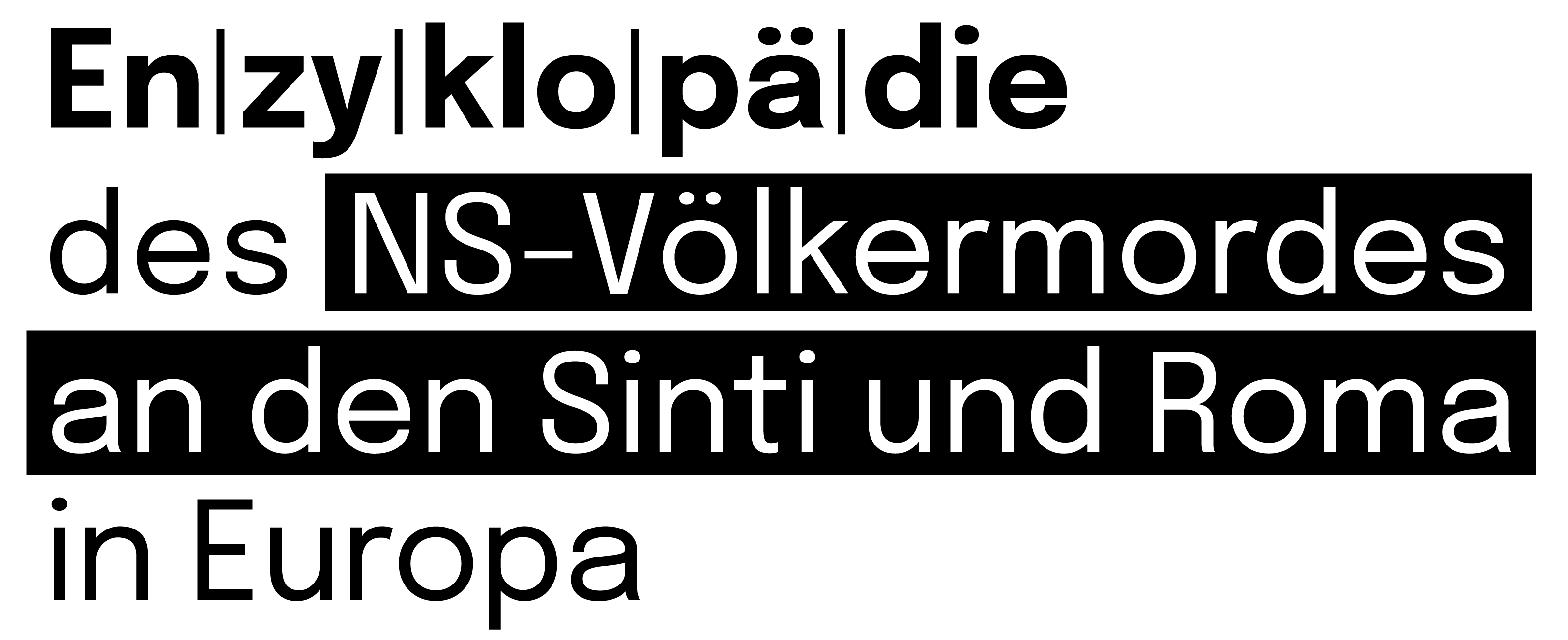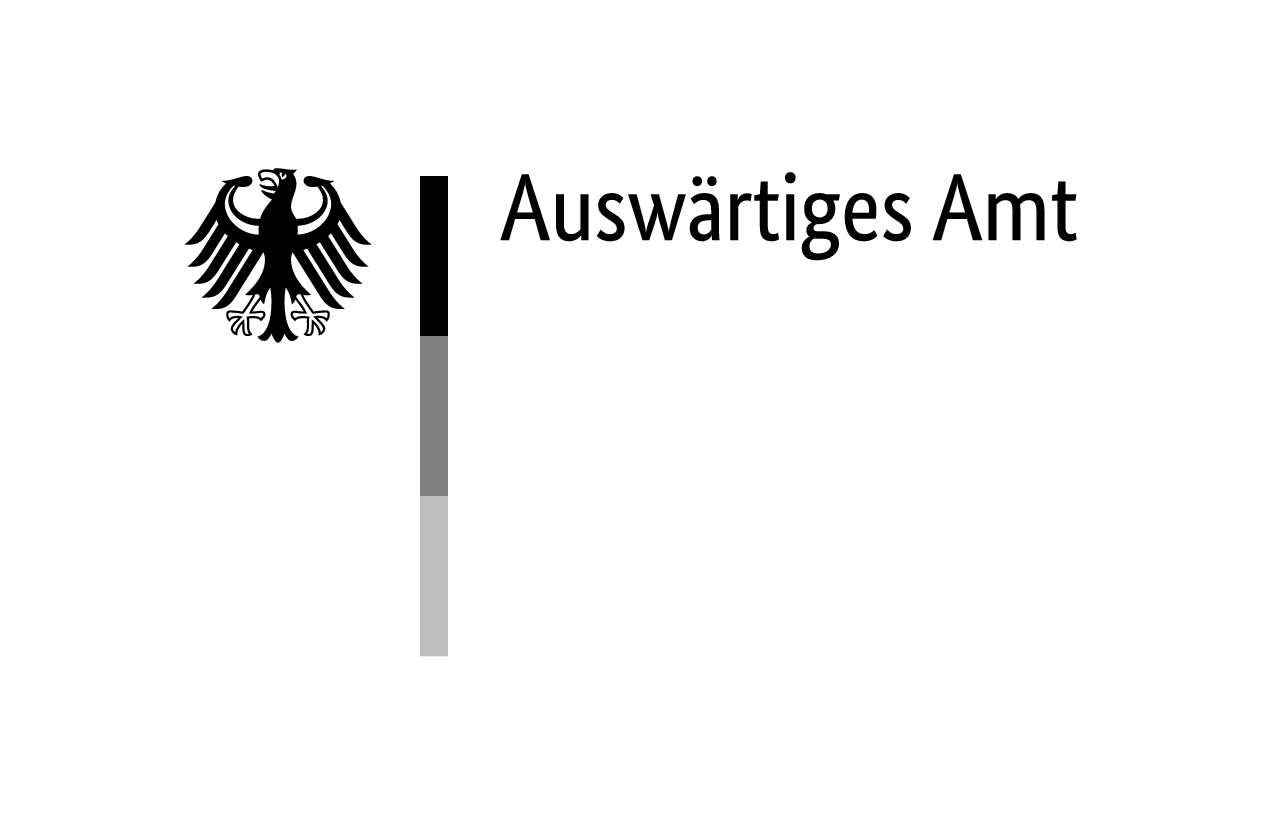The Requiem for Auschwitz is a classical piece of music composed by Swiss-Dutch Sinto Roger ‘Moreno’ Rathgeb (born 1956) in commemoration of all the victims of National socialist persecution and murder. The Requiem consists of eight parts and is written for four soloists, a six-part choir and a symphony orchestra. Like many Sinti and Roma, Roger ‘Moreno’ Rathgeb is a self-taught musician and composer who mastered musical notation at a later age.
In 1998 Rathgeb, who lives in South Limburg, visited the Auschwitz-Birkenau memorial for the first time. It made such a deep impression on him that he decided to compose a Requiem. As a musical monument to all victims, but also as a reflection on the meaning of life: how was (and is) it possible that people inflicted these unprecedented cruelties on each other? What can we learn from it? How can it unite us as people?1Noordzij, Een reflectie op het Requiem voor Auschwitz, 5.
After returning to the Netherlands, Rathgeb started composing. Within three weeks he had completed six of the eight parts of the Requiem. Then the work came to a standstill. Hoping to gain new inspiration, he decided to visit the site of the former Auschwitz-Birkenau concentration and extermination camp again. It had the opposite effect. In fact, Rathgeb was unable to work on the Requiem for almost ten years. At the end of 2007, Albert Siebelink (1950–2015), director of the International Gipsy Festival, asked Rathgeb to complete his composition with the aim of eventually performing it in various European cities. This question pleased Rathgeb and gave him new inspiration. The Requiem was completed in mid-2009.
On 3 May 2012, the first performance of the Requiem for Auschwitz was conducted in the Nieuwe Kerk in Amsterdam. Responsible for the performance were the Roma und Sinti Philharmoniker from Frankfurt am Main under the direction of conductor Riccardo M. Sahiti (born 1961). This orchestra was founded in 2002, with the aim of performing musical works rooted in the culture of the Sinti and Roma. The orchestra is composed of professional Roma and Sinti musicians from orchestras in the Czech Republic, Germany, Hungary and Romania.
The Requiem has now been played in Berlin, Budapest, Frankfurt am Main, Krakow and Prague (among other venues), as well as in various provinces in the Netherlands. Many of the performances have featured a broad fringe programme that included onsite and online exhibits, films, educational activities, and scientific conferences. TV recordings were also made that have since been broadcast several times on Dutch national television, and a documentary about the Requiem has been compiled.




